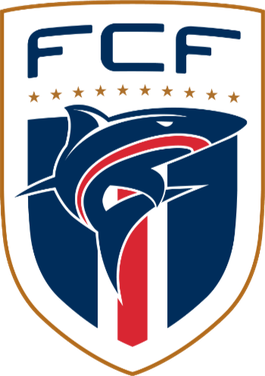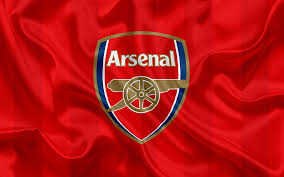
Cape Verde FC
The football landscape in Africa has experienced remarkable transformations over the past few decades, with many nations emerging as competitive forces on the continental and global stages. Among these rising stars is Cape Verde FC, a team that exemplifies resilience, strategic development, and a passionate football culture rooted in its unique island nation. While not traditionally regarded as a powerhouse like Nigeria or Egypt, Cape Verde’s football journey underscores how dedication, talented players, and effective management can propel a nation into the spotlight. This article explores how Cape Verde FC has become an increasingly influential figure in African football, examining its history, development strategies, key players, tactical evolution, and future prospects.
The Origins and Evolution of Cape Verde FC
Understanding the rise of Cape Verde FC requires delving into its origins, historical milestones, and how the team has evolved within the context of African football development ww88.
From Colonial Roots to National Team Formation
Cape Verde, officially known as Cabo Verde, was a Portuguese colony until independence in 1975. Post-independence, the nation faced numerous challenges, including economic constraints and infrastructural limitations, which initially hampered sports development. Football, however, remained a central part of national identity and community cohesion.
The formation of Cape Verde FC traces back to local clubs and regional competitions. These grassroots initiatives laid the groundwork for a cohesive national team, fostering local talent that would eventually be scouted for international exposure. Early matches against neighboring islands and African teams helped boost the team’s confidence and experience.
Key Milestones in Development
- Early Participation in Regional Tournaments: Cape Verde’s national team began participating in regional competitions such as the West African Football Union (WAFU) tournaments during the early 2000s, gaining valuable experience.
- First Major Achievements: Their first significant breakthrough came with qualification for the Africa Cup of Nations (AFCON) in 2013, marking their debut at a major continental tournament. Although they didn’t advance far, this exposure was pivotal.
- Investment in Youth Development: Recognizing the importance of nurturing homegrown talent, the government and private stakeholders invested in youth academies and local leagues, creating pathways for young players.
Transition from Amateurism to Professionalism
Initially, most Cape Verdean players competed domestically or in lower-tier European leagues. Over time, a strategic focus on scouting diaspora talent and improving domestic infrastructure transitioned the team towards professionalism.
Today, Cape Verde FC boasts a mix of seasoned players with European experience and emerging local talents. This blend has been fundamental in elevating the team’s playing standards and international competitiveness.
Cultural and Societal Factors Influencing Development
Football in Cape Verde serves as more than just sport; it embodies hope, unity, and national pride. This cultural significance motivated increased investment and passion, which continue to drive the team’s growth. The island nation’s tight-knit communities foster strong support systems that energize and motivate the national squad.
In conclusion, the evolution of Cape Verde FC from humble beginnings to a serious contender reflects resilience, strategic planning, and the collective effort to build a footballing identity rooted in local culture and global aspirations.



